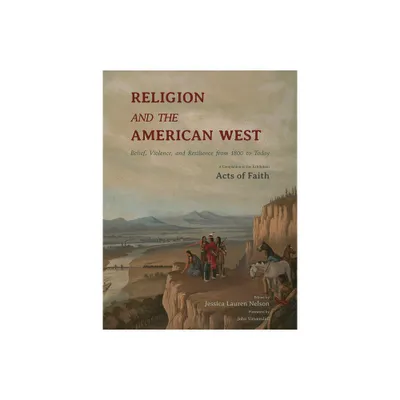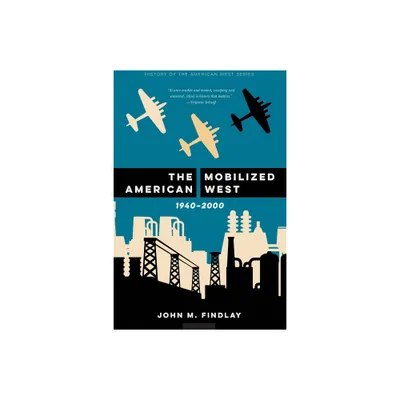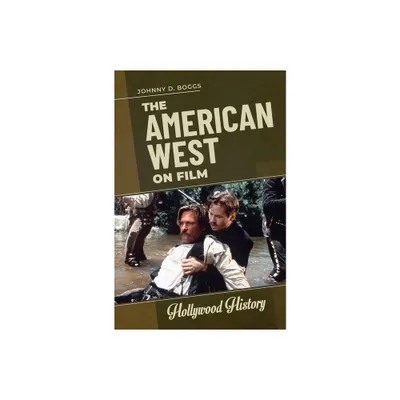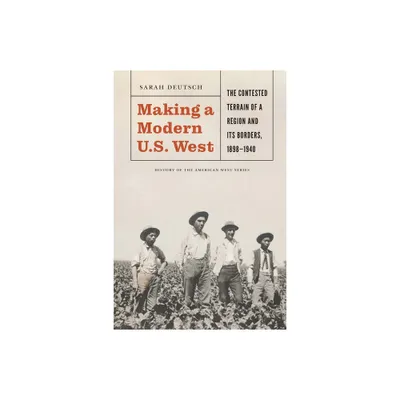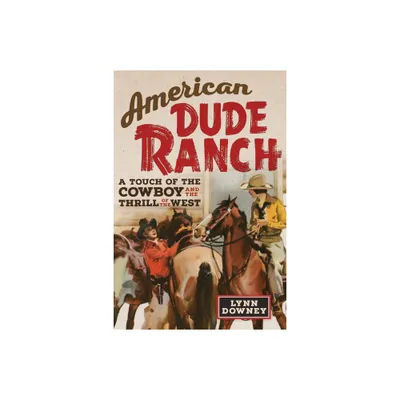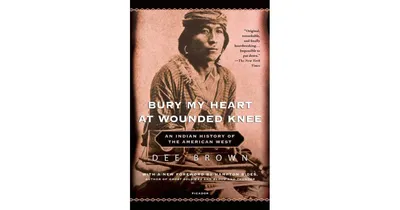Home
Remembering Iosepa: History, Place, and Religion in the American West
Loading Inventory...
Barnes and Noble
Remembering Iosepa: History, Place, and Religion in the American West
Current price: $89.00


Barnes and Noble
Remembering Iosepa: History, Place, and Religion in the American West
Current price: $89.00
Loading Inventory...
Size: OS
*Product Information may vary - to confirm product availability, pricing, and additional information please contact Barnes and Noble
Winner of the Mormon Historical Association Best Community History
In the late nineteenth century, a small community of Native Hawaiian Mormons established a settlement in heart of The Great Basin, in Utah. The community was named Iosepa, after the prophet and sixth president of the Church of Jesus Christ of Latter-day Saints, Joseph F. Smith. The inhabitants of Iosepa struggled against racism, the ravages of leprosy, and economic depression, by the early years of the twentieth century emerging as a modern, model community based on ranching, farming, and an unwavering commitment to religious ideals. Yet barely thirty years after its founding the town was abandoned, nearly all of its inhabitants returning to Hawaii. Years later, Native Hawaiian students at nearby Brigham Young University, descendants of the original settlers, worked to clean the graves of Iosepa and erect a monument to memorialize the settlers.
Remembering Iosepa
connects the story of this unique community with the earliest Native Hawaiian migrants to western North America and the vibrant and growing community of Pacific Islanders in the Great Basin today. It traces the origins and growth of the community in the tumultuous years of colonial expansion into the Hawaiian islands, as well as its relationship to white Mormons, the church leadership, and the Hawaiian government. In the broadest sense, Mathew Kester seeks to explain the meeting of Mormons and Hawaiians in the American West and to examine the creative adaptations and misunderstandings that grew out of that encounter.
In the late nineteenth century, a small community of Native Hawaiian Mormons established a settlement in heart of The Great Basin, in Utah. The community was named Iosepa, after the prophet and sixth president of the Church of Jesus Christ of Latter-day Saints, Joseph F. Smith. The inhabitants of Iosepa struggled against racism, the ravages of leprosy, and economic depression, by the early years of the twentieth century emerging as a modern, model community based on ranching, farming, and an unwavering commitment to religious ideals. Yet barely thirty years after its founding the town was abandoned, nearly all of its inhabitants returning to Hawaii. Years later, Native Hawaiian students at nearby Brigham Young University, descendants of the original settlers, worked to clean the graves of Iosepa and erect a monument to memorialize the settlers.
Remembering Iosepa
connects the story of this unique community with the earliest Native Hawaiian migrants to western North America and the vibrant and growing community of Pacific Islanders in the Great Basin today. It traces the origins and growth of the community in the tumultuous years of colonial expansion into the Hawaiian islands, as well as its relationship to white Mormons, the church leadership, and the Hawaiian government. In the broadest sense, Mathew Kester seeks to explain the meeting of Mormons and Hawaiians in the American West and to examine the creative adaptations and misunderstandings that grew out of that encounter.
